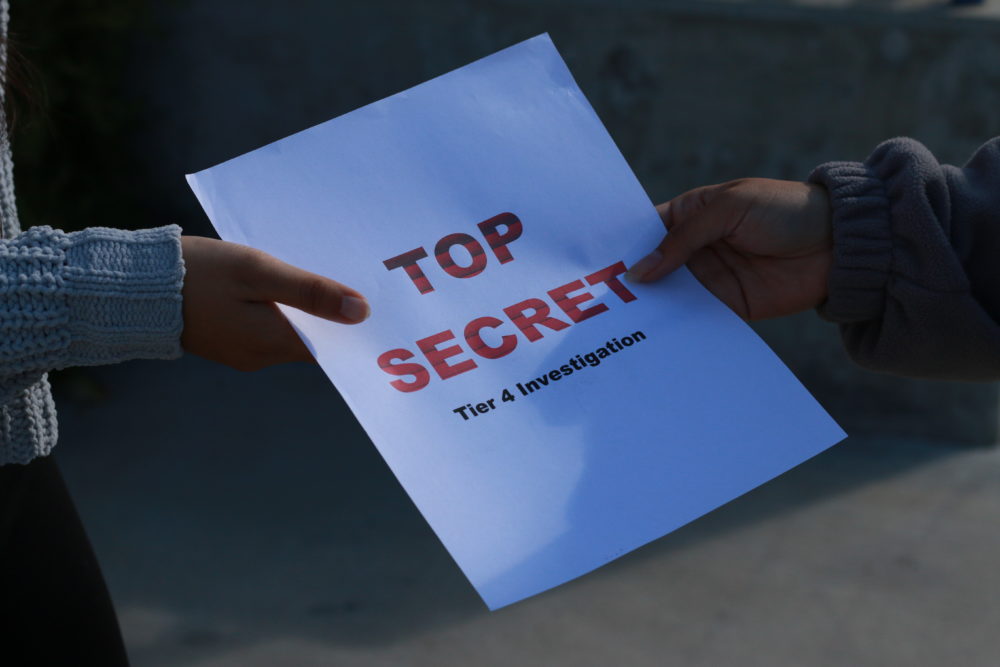
By Eric Pham, contributing writer, & Karen Phan
The Chinese government was under fire 17 years ago for its slow response to a respiratory virus called severe acute respiratory syndrome that killed almost 800 people.
It’s now facing the same criticism for its initial downplaying of the 2019 novel coronavirus (COVID-19). Regardless of whether a pandemic occurs, China’s secrecy stresses the importance of governments being transparent and immediately sharing all information during public health emergencies.
A well-informed public is better equipped to handle emergencies than one that is not, and that’s critical during public health crises. People cannot make decisions to protect themselves when they don’t have the most up-to-date and accurate information, and they will only be more confused and scared when the situation worsens.
Reliable information also helps health agencies such as the World Health Organization and the Center for Disease Control and Prevention allocate resources accordingly to prevent or slow the spread of public health emergencies, treat the infected and study the outbreaks at hand.
And as governments and public health officials actively share what they know with each other, there will be more effective control of public health emergencies globally as other countries can work to contain infectious disease outbreaks, such as by limiting travel, and prepare themselves in case the disease arrives on their soil.
Failing and choosing not to be transparent during an infectious disease outbreak results in a deep distrust of the government and global criticism, as seen with China. Doing so also jeopardizes the health of the world.
The Washington Post reported that the Chinese government claimed COVID-19 was a problem restricted to Wuhan for weeks in December, which “slowed the international recognition of the threat” when it was still in its early stages. Had the world known about the health threat sooner, we would’ve prepared our control activities sooner and might not have over 80,000 cases and 3,000 deaths worldwide right now.
But realistically, governments can’t always be transparent during infectious disease outbreaks for a variety of reasons, such as threats to national security, unnecessary violations of confidentiality and potentially reckless behavior that spreads the disease, the BMC Medical Ethics, a peer-review journal, wrote in “Ethics preparedness: facilitating ethics review during outbreaks – recommendations from an expert panel.”
Still, there must always be an effort to be as transparent as possible because, during public health emergencies, effectiveness and accountability are of paramount importance.





